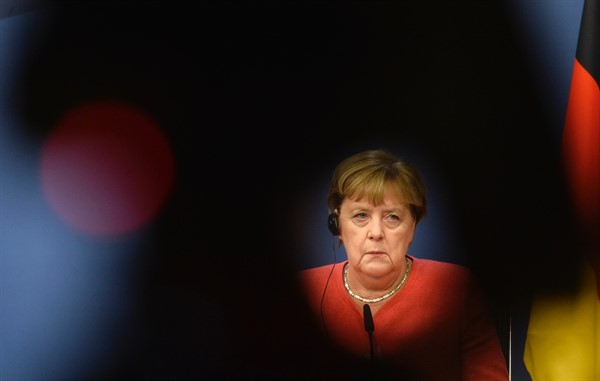Editor’s Note: This is the web version of our subscriber-only weekly newsletter, Europe Decoder, which includes a look at the week’s top stories and best reads from and about Europe. Subscribe to receive it by email every Thursday. If you’re already a subscriber, adjust your newsletter settings to receive it directly to your email inbox.
In Brussels, where Germany’s heavy influence in the European Union looms large, people are still processing the Social Democrats’ narrow “win” in Sunday’s general election, wondering what the next potential steps look like.
The immediate takeaway from Sunday night was that the underperformance of the far-left Die Linke party effectively precludes the possibility of a sharp leftward turn for the incoming German government, ruling out any seismic shift in the country’s voting patterns here in the European Council. We now know there will be a conservative party in the government somewhere. What remains unclear is whether it will be the center-right Christian Democratic Union/Christian Social Union alliance, or CDU/CSU, as a major partner; or the pro-market Free Democratic Party, or FDP, as a junior coalition partner.

